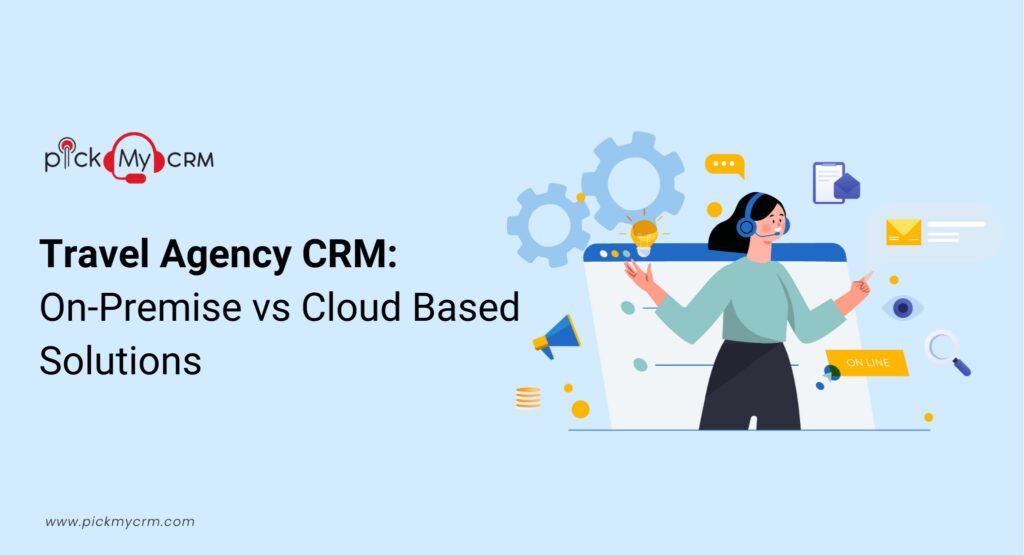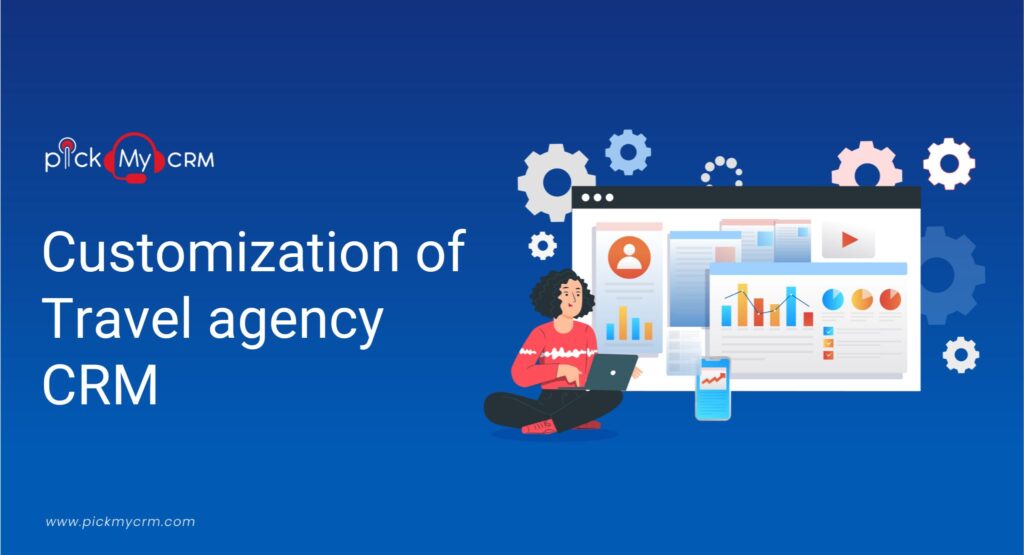Travel Agency CRM: On-Premise vs. Cloud-Based Solutions

On-Premise Travel Agency CRM
On-premise travel agency CRM refers to a software solution that is installed and hosted locally on the agency's servers or infrastructure. It is a self-contained system, often requiring a significant initial investment in both hardware and software.Advantages
- Control and Security: One of the primary advantages of an on-premise CRM is the unparalleled control and security it offers. Travel agencies can tailor the system to their specific needs and have full control over their data.
- Data Privacy: For agencies dealing with sensitive customer information, on-premise CRM ensures that data remains within their physical premises, mitigating concerns related to data breaches or compliance issues.
- Customization: On-premise solutions allow for deep customization, enabling agencies to create tailor-made CRM systems that perfectly align with their unique business processes.
Disadvantages
- Cost: The initial investment required for on-premise CRM, including hardware, software licenses, and ongoing maintenance, can be substantial and may not be feasible for smaller agencies.
- Limited Accessibility: On-premise systems are typically tied to physical office locations, restricting accessibility for remote work or on-the-go agents.
- Maintenance Complexity: Managing and maintaining an on-premise CRM can be complex and costly, requiring dedicated IT resources and expertise
Cloud Travel Agency CRM
Cloud-based travel agency CRM, on the other hand, is a software solution hosted on remote servers, accessible via the Internet. It offers a more agile and scalable approach to CRM implementation.Advantages
- Accessibility: Cloud-based CRM can be accessed from anywhere with an internet connection, facilitating remote work and ensuring that agents are always connected to the system.
- Cost-Efficiency: Cloud solutions often involve lower initial costs, as there is no need to invest in on-site servers. Agencies pay for the services they use on a subscription basis.
- Scalability: Cloud CRM systems can easily adapt to the growing needs of a travel agency, accommodating changes in user numbers and data storage requirements.
Disadvantages
- Data Security Concerns: While cloud providers invest heavily in security measures, some agencies may have reservations about entrusting their data to third-party servers.
- Internet Dependency: The reliance on internet connectivity means that downtime or slow connections can hinder productivity.
- Limited Customization: Cloud-based CRM systems may have limitations in terms of customization compared to on-premise solutions.



